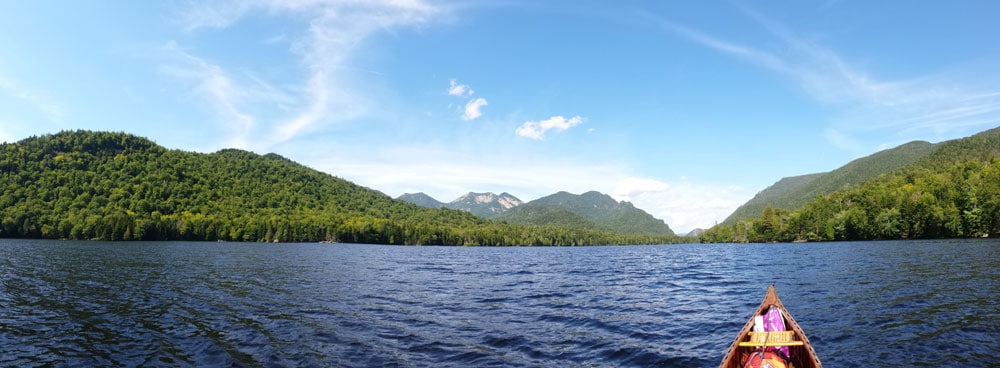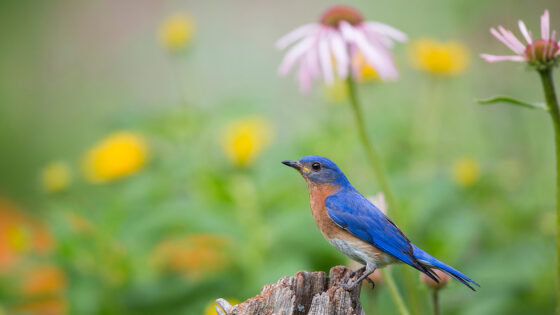David Kline is the newest full-time member of the Stroud Water Research Center education department. Read on to learn what led him to the Stroud Center and what he hopes to accomplish here.
Where did you grow up? Where did you go to school? Where do you live now?
I grew up in the heart of the Adirondack Mountains of New York and attended Millbrook School where we had a nationally-accredited zoo and a large campus to explore. I studied secondary education and environmental science at the University of Vermont and spent summers building pole barns and leading trail crews.
My wife and I moved to Colorado after college and I spent my days skiing, mountain biking, and hiking. I now live in Downingtown, Pennsylvania with my wife, two children, and three cats. My son is a junior in college and will be spending a semester in Japan. My daughter is a junior at a performing arts high school.
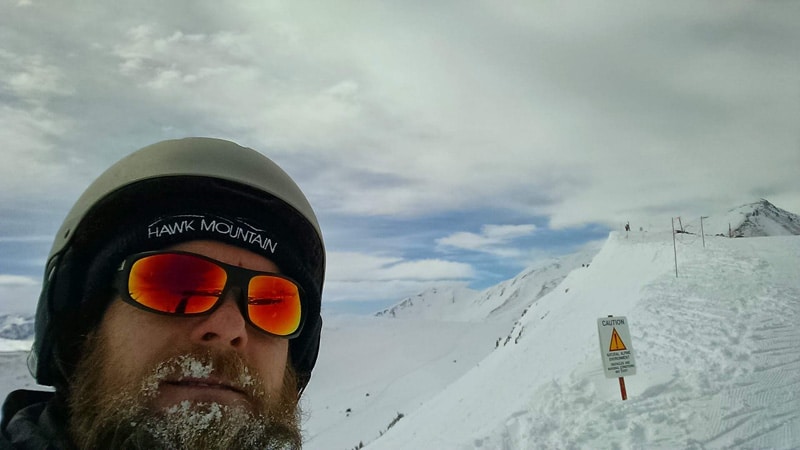
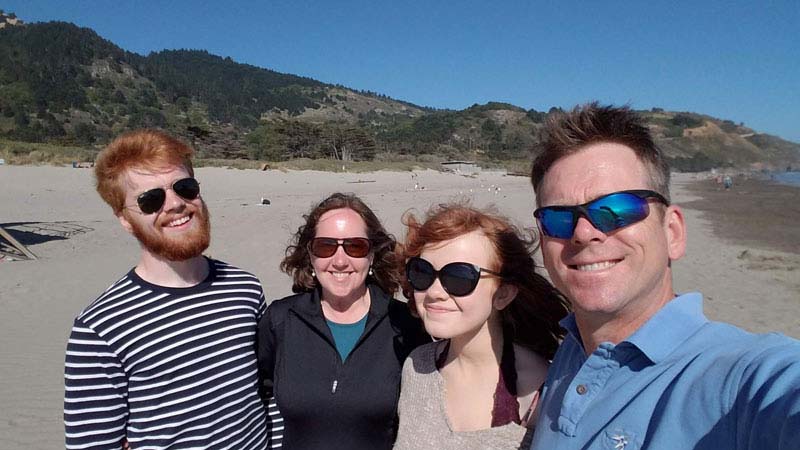
What life experiences have shaped your view of science and the environment?
One of my most enlightening moments as an educator came when I realized that not everyone grew up the way I did — growing food, hiking mountains, wading in streams, and flipping over rocks to look for critters underneath. Once I realized the context in which my students lived, I knew I needed to give them opportunities to explore the outdoors and grow through curiosity in nature like I did.
I was also influenced by participating in two programs abroad: an immersive experience in the Amazon basin exploring human impacts and efforts to affect change, and a teacher exchange program in Japan focused on education for sustainable development.
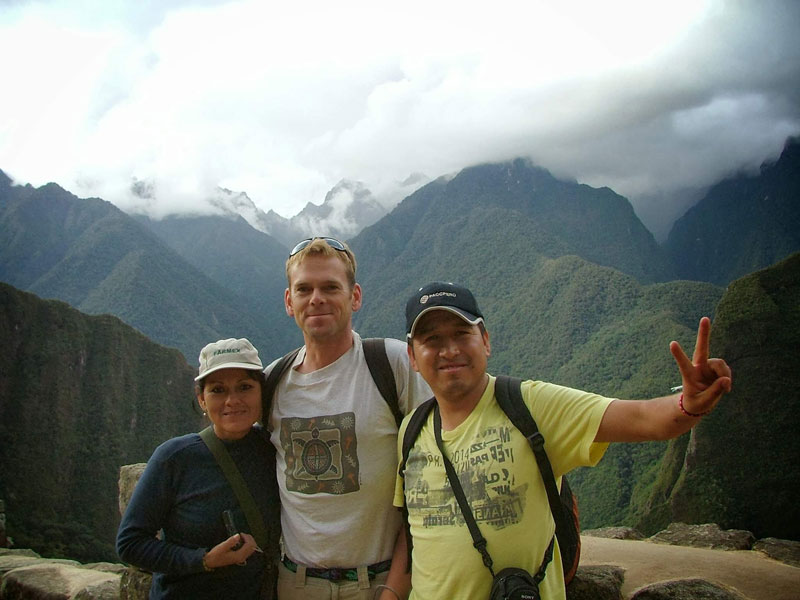
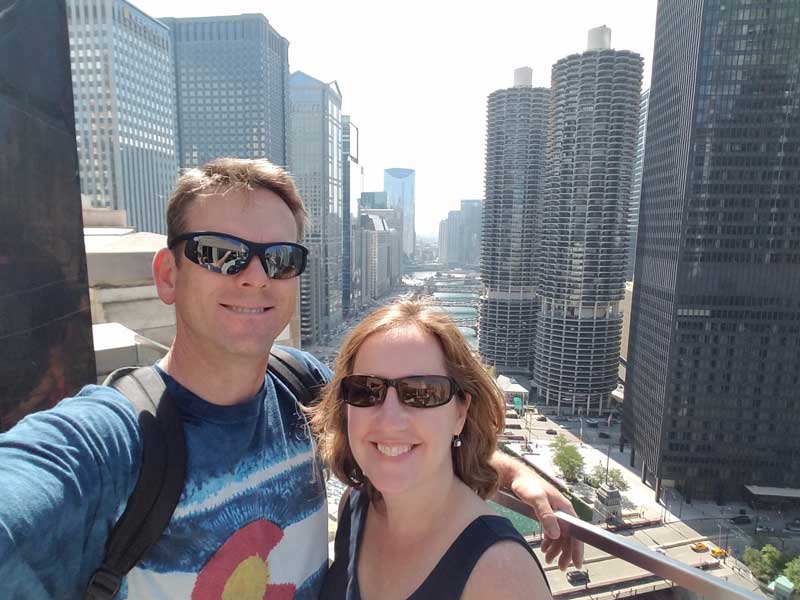
What experiences in your life led you to your work at the Stroud Center?
I wanted my students to participate in citizen science on a stretch of Pickering Creek that ran through our school’s campus. I became a Pennsylvania Stream Keeper, completed water-quality assessment training, and brought my sixth-graders to the Stroud Center every fall. We used our new skills to assess the health of Pickering Creek.
Other interactions with the Stroud Center included participating in the Model My Watershed teacher pilot program and Trout Grow on Trees activities and installing an EnviroDIY Mayfly Sensor Station at Montgomery School to enhance citizen science and monitoring opportunities for my students.
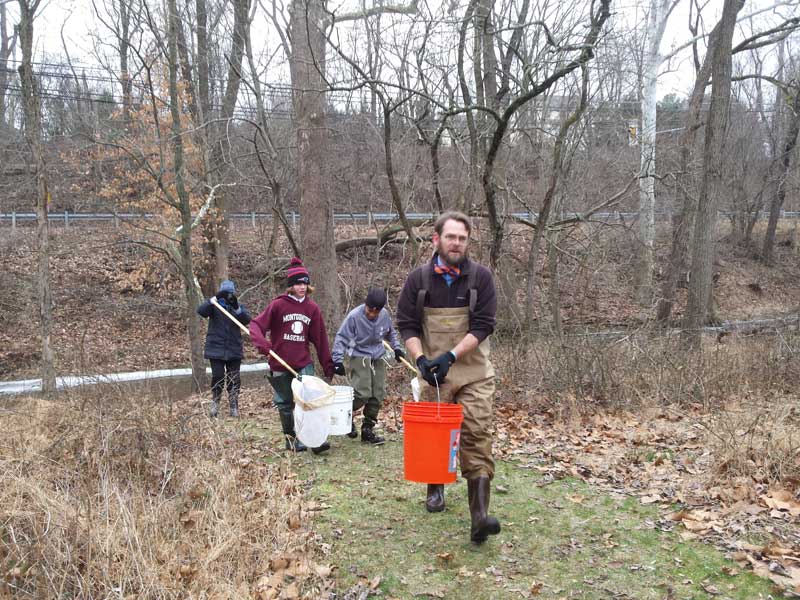
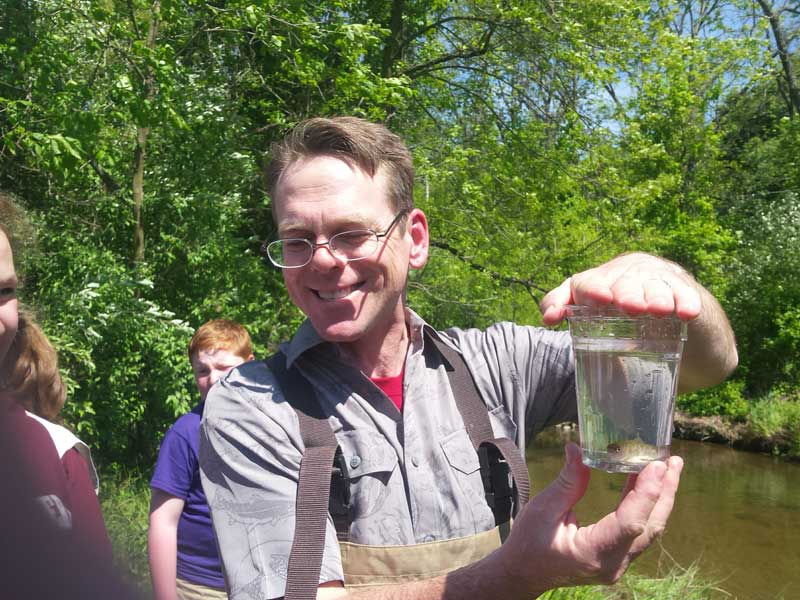
What are your goals and aspirations for working at Stroud Center?
My focus as an educator has always been to educate and inspire others to be knowledgeable, motivated, and empowered citizens. My goals include continuing to develop powerful curricula that emphasize meaningful outdoor experiences and teach others how to interact with the environment in a more sustainable manner.
What has your experience at the Stroud Center been like so far?
My interactions with students are always remarkable. I enjoy watching their reactions as they develop and share their background knowledge and new connections and understandings.
I am thrilled to be part of a research institution where I can develop new skills and knowledge. I enjoy the collaborative atmosphere and the intelligent conversations that happen on a daily basis and at special events. I love being surrounded by motivated and intelligent people working to understand how we humans fit into our local, regional, and global ecosystems.
What do you enjoy doing in your free time?
I like to garden, cook, mountain bike, ski, golf, run, play ultimate frisbee and disc golf, roller blade, hike, canoe, fish, kayak, build, go birding — if it is outdoors, I like to do it!
How would friends or colleagues describe you?
Passionate, enthusiastic, motivated, intelligent (I hope), positive, striving to change the world for the better, fun, and sometimes even funny.
